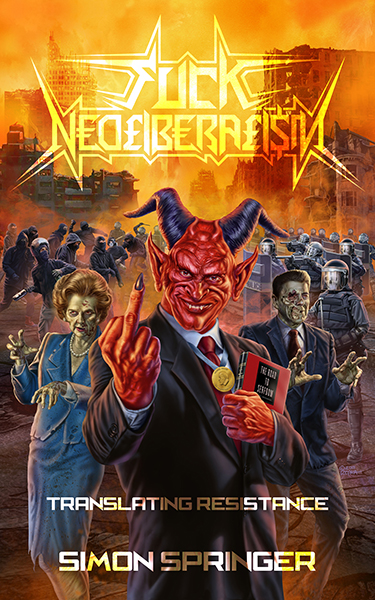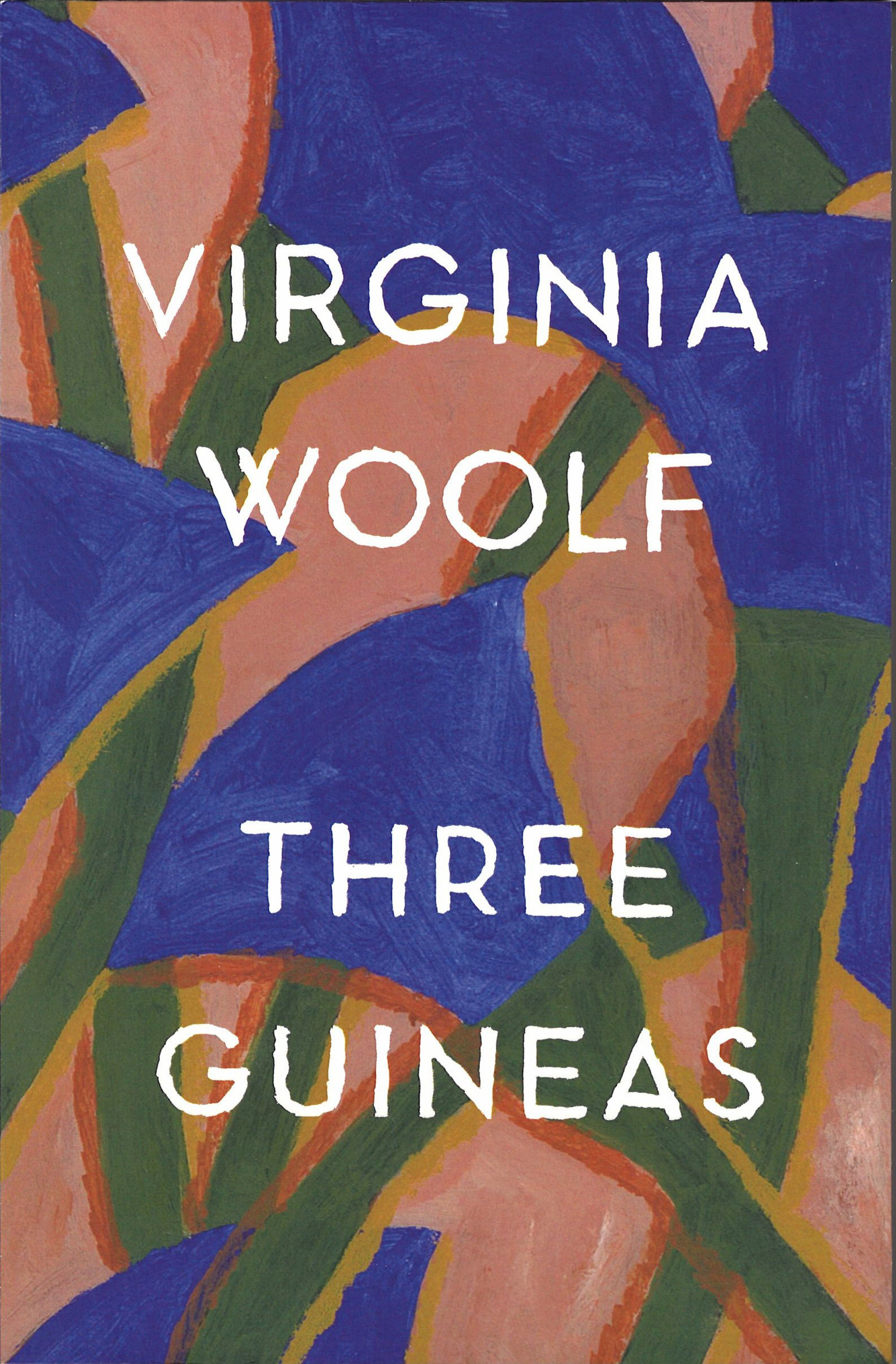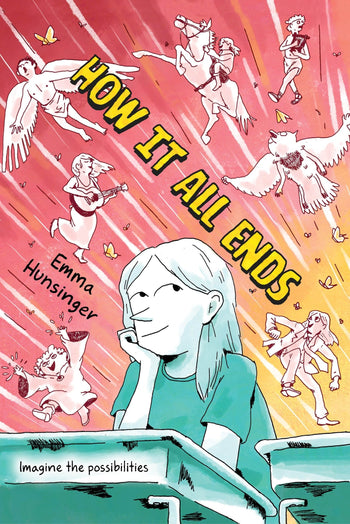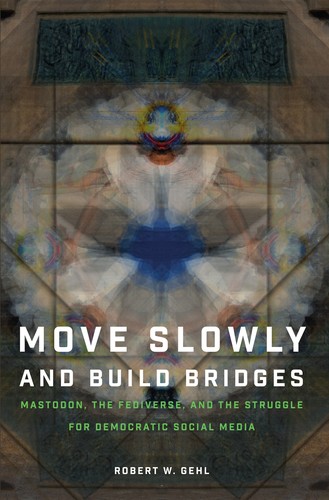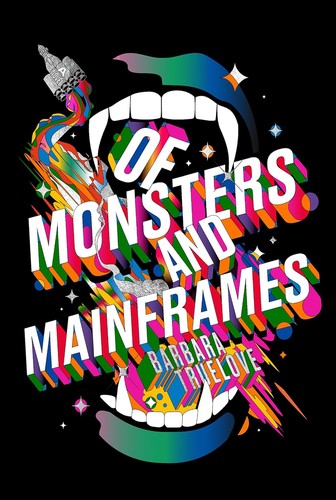pacavegano reviewed Fuck Neoliberalism by Simon Springer
In 21 languages
4 stars
“I decided that I wanted to transgress, to upset, and to offend precisely because we ought to be offended by neoliberalism.” pg. 12
This is a very interesting book. The title essay is only 8 pages long. The author’s introduction is at least a page longer than what it is introducing. That gets us through page 18. The following 200 pages consist of translations of the title essay, and translator commentaries. There are writing systems here that I am not sure that I have ever even seen before, such as Khmer.
I am in complete agreement with the essay, and am glad that it exists, and is known widely enough to have inspired all of these translations.
I am marking this book read, but what that really means for me is that I read those first 18 pages, then read the Spanish translation (very clear, and illuminating to this Spanish …
“I decided that I wanted to transgress, to upset, and to offend precisely because we ought to be offended by neoliberalism.” pg. 12
This is a very interesting book. The title essay is only 8 pages long. The author’s introduction is at least a page longer than what it is introducing. That gets us through page 18. The following 200 pages consist of translations of the title essay, and translator commentaries. There are writing systems here that I am not sure that I have ever even seen before, such as Khmer.
I am in complete agreement with the essay, and am glad that it exists, and is known widely enough to have inspired all of these translations.
I am marking this book read, but what that really means for me is that I read those first 18 pages, then read the Spanish translation (very clear, and illuminating to this Spanish language learner for what is directly translated, and what is not), then read all of the translator commentaries (variously interesting for what they reveal about language, the process of translation, the personal perspectives of the translators, the political situations in the translator’s countries, especially in relation to free speech, and more), and finally read the original essay one more time.
As questionable as it might have seemed to buy a whole book for one 8 page essay, it gave me more than enough to ponder and appreciate to make the purchase worthwhile.
“Ultimately neoliberalism is a particularly foul idea that comes with a whole host of vulgar outcomes and crass assumptions. In response, it deserves to be met with equally offensive language and action. Our community, our cooperation, and our care for one another are all loathsome to neoliberalism.” pg. 18

